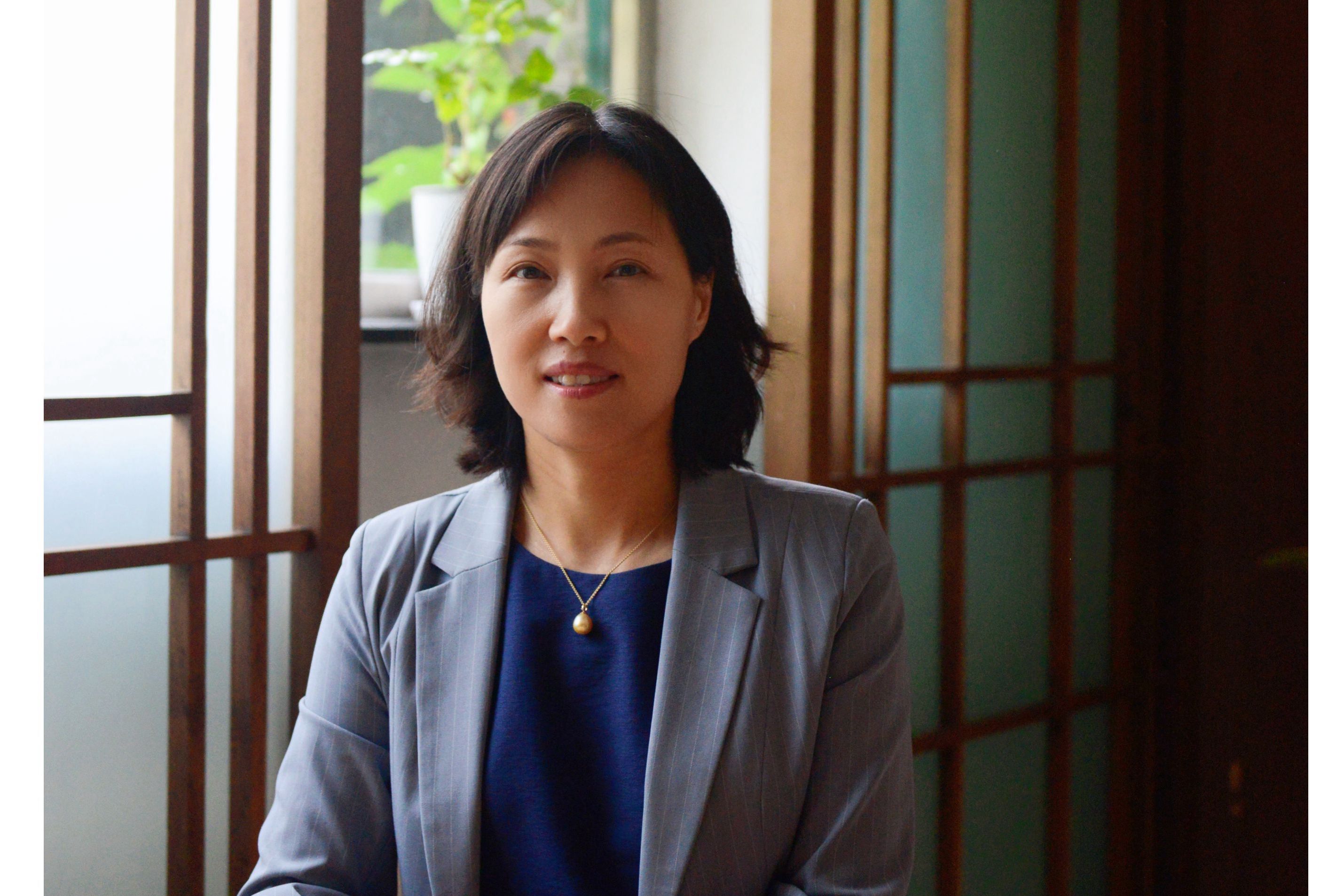
Abstract: The historical cycle refers to the phenomenon of periodic rise and fall of the political power accompanied by the alternation between good social order and social chaos. Restricting power is the fundamental way to jump out of this historical cycle and achieve long-term stability. Check and balance of power and supervision over power are the two dimensions of restriction of power. Under the power structure mode of democratic centralism, China takes power supervision as the main way of, and the combination of external and internal supervision - namely democracy and self-revolution - as the concrete approach to, the restriction of power. The Chinese road of power supervision has three aspects: the value rule, the institutional system and the rule-of-law guarantee: the political ideal of pursuing common good for all is concretization of the value rule of put the people above all else, which is the fundamental goal of power supervision; to fasten the institutional cage for the restriction of power, improve the unified Party leadership, and construct a full-coverage, authoritative and efficient supervision system, China needs to integrate state supervision, intra-party supervision and the people's supervision to form a joint force of supervision; and promoting the construction of democracy and self-revolution on the track of the rule of law and supervising and restraining power by law-based methods are important guarantees for long-term stability.
Key Words: the historical cycle; supervision over power; democracy; self-revolution; ruling the country by law
Author: Liu Xiaomei, research fellow and doctoral supervisor, CASS Institute of International Law; director, Center for the Rule of Law Publicity and Education and Public Law Research, CASS Institute of Law.
Source: 3 (2023) Journal of Northwest University (Philosophy and Social Sciences Edition).



